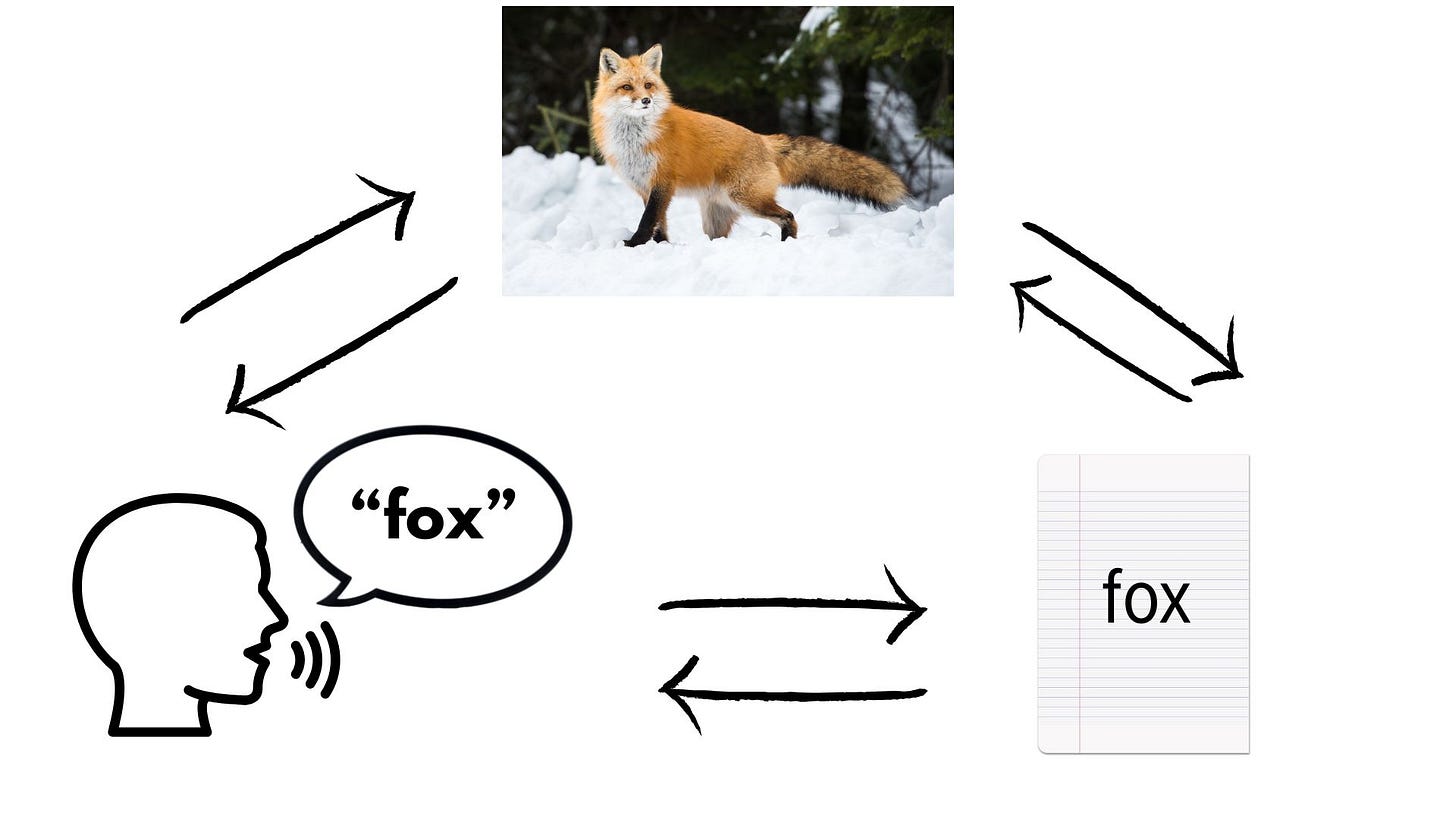Intuition: A Superpower We Can Train?
How Pattern Recognition, Fear, and Trust Shape Our Decision-Making
You’re walking home late at night from the bar. You see that the street corner is darker than the rest. Your stomach lurches, and something doesn’t feel quite right. You cross the street to take a different route home and find out later that someone had taken out the street light on that corner and assaulted a different woman late that night.
How did you know? How did you know that taking a different route would be better? Is it divine intervention? Is it just fear and dramatics? Is it a deep knowing in your gut?
This might be a more extreme example, but it highlights what we call intuition—the ability to know something immediately without actively thinking through the decision.
What is the reality? Is intuition different from conscious decision-making, or is it just a faster version of it? What if intuition isn’t just some form of internal soul magic but a skill and behavior we practice daily?
We’ve discussed how past experiences and consequences shape our choices. But the decision to cross the street and go a different direction is an actual behavior. Intuition is internal. Does that make it any less real?
What if we consider how we learn to arrive at conclusions as a skill? When we are children, we are taught how a picture of a dog is the same as a dog sitting in front of you- both are dogs. We learn that if we hear a dog bark- that is also a dog. We may experience stimuli but can arrive at the same conclusion.
In math, we call this the “transitive property of equality.” If A=B and B=C, then A=C. Another example: if "apple" is the same as "fruit" and "fruit" is the same as "food,” then "apple" is the same as "food.”
This same pattern applies to social learning. If we learn that dark = unknown, and unknown = danger, then dark = danger
There’s an emotional component to that, too. But can we break this down further? What about the concept of fear?
Consider the Little Albert experiment by John B. Watson in 1920. A baby was shown a white rat. At first, he didn’t have any issue with the rat. Then Watson played a loud noise at the same time the rat was shown. Eventually, the baby feared the rat, even without the loud noise. This experiment, while highly unethical, showed that fear is not innate. We learn fear through repeated experiences.
We do not just learn from direct experiences. We absorb patterns from the world around us, including media, news stories, and cultural narratives. We learn to fear the dark at a young age because we can’t see what is there. As we grow up and in society, we hear more frequently stories of women attacked at night walking home. (Is it actually a higher frequency? Or just highlighted more in the media?). These are additional reasons why you avoided the dark corner and walked down the lit path.
But how did you learn to trust that feeling? Trust is just repeating old patterns that have resulted in favorable conditions. If you continually practice this, you will learn that you have a trusted intuition. This intuition leads you to make decisions that protect your survival and well-being.
Can we deconstruct the actual mechanics of intuition? It is an internal system but a chain of events all the same. Perhaps the issue is looking under the hood—we cannot agree on how to measure intuition as the proverbial hood cannot be opened.
If intuition is a system of learned patterns, we can train and sharpen it. By analyzing individual histories, we can understand how intuition develops and how it applies to decision-making, leadership, or survival.
What happens when intuition is weakened? When we are taught through experience, manipulation, gas-lighting, and trauma, not to trust it, can we overwrite this learned pattern, too? Can we be conditioned to ignore the very instincts needed for protection?
This is where we can scientifically analyze the areas of trust, emotional influence, and even abuse. If intuition is shaped by reinforcement history, what happens when that history is manipulated? What happens when we are taught to ignore ourselves? This is where we are going next…




